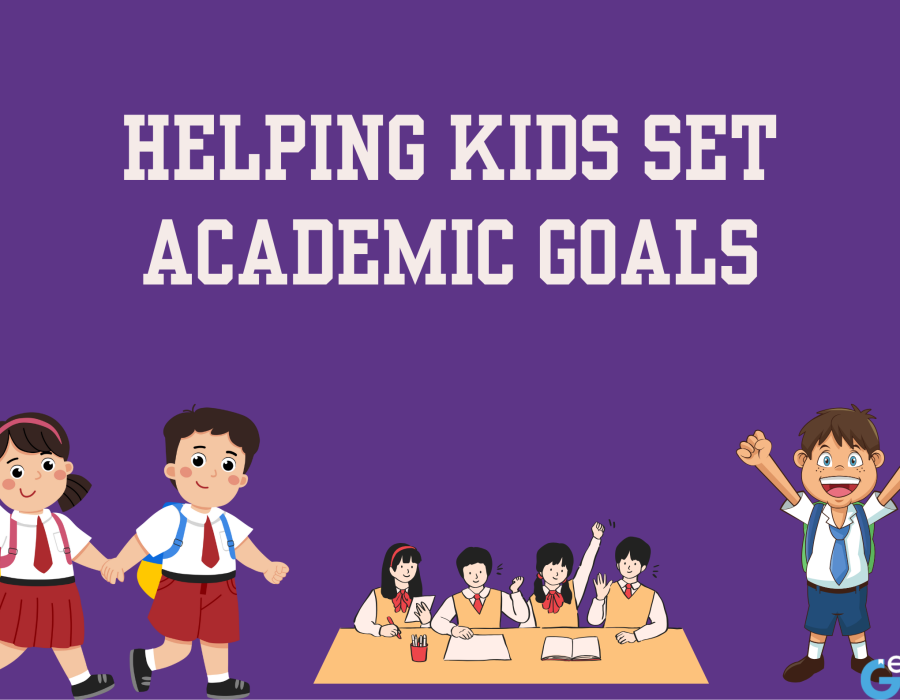In today’s fast-paced educational landscape, setting academic goals isn’t just a helpful strategy — it’s an essential life skill. Whether a child is studying at home or in one of the top boarding schools in India, learning how to set, pursue, and achieve meaningful goals builds confidence, discipline, and motivation. When children are encouraged to identify what they want to achieve academically, they begin to take ownership of their learning journey.
Goal-setting gives children a clear sense of direction. Instead of aimlessly completing tasks, students who set academic goals are more focused, organized, and driven. They understand what they’re working toward, which naturally enhances their performance in school. For example, a student might set a goal to improve their writing skills over the next three months. With that target in mind, they can plan steps like reading more, practicing essays, or seeking feedback from teachers. This structured approach not only boosts academic progress but also teaches valuable planning and time-management skills.
At many modern schools , educators are actively guiding students through structured goal-setting activities. These institutions provide a balanced environment where students can focus on both short-term and long-term objectives—whether it’s acing a test, participating in a debate competition, or simply developing better study habits. Schools often incorporate tools like academic planners, visual progress charts, and regular review sessions to help children stay on track and feel a sense of accomplishment as they meet their milestones.
Parents also play a critical role in this process. Encouraging children to set goals at home — like reading one book a month, or finishing assignments a day in advance — instills a mindset of responsibility and achievement. It’s important for parents to support these goals by offering guidance without pressure, celebrating small wins, and maintaining open conversations about progress and challenges. When both educators and parents work together, students gain the consistency and encouragement they need to succeed.
In the end, helping kids set academic goals isn’t about pushing them to perform — it’s about empowering them to grow. It’s about teaching them to dream, plan, act, and reflect. Whether through the structured life or daily routines at home, goal-setting builds a solid foundation for future success, inside and outside the classroom. When children learn how to aim high and work toward their dreams step by step, they’re not just learning how to study — they’re learning how to succeed in life.






Comments